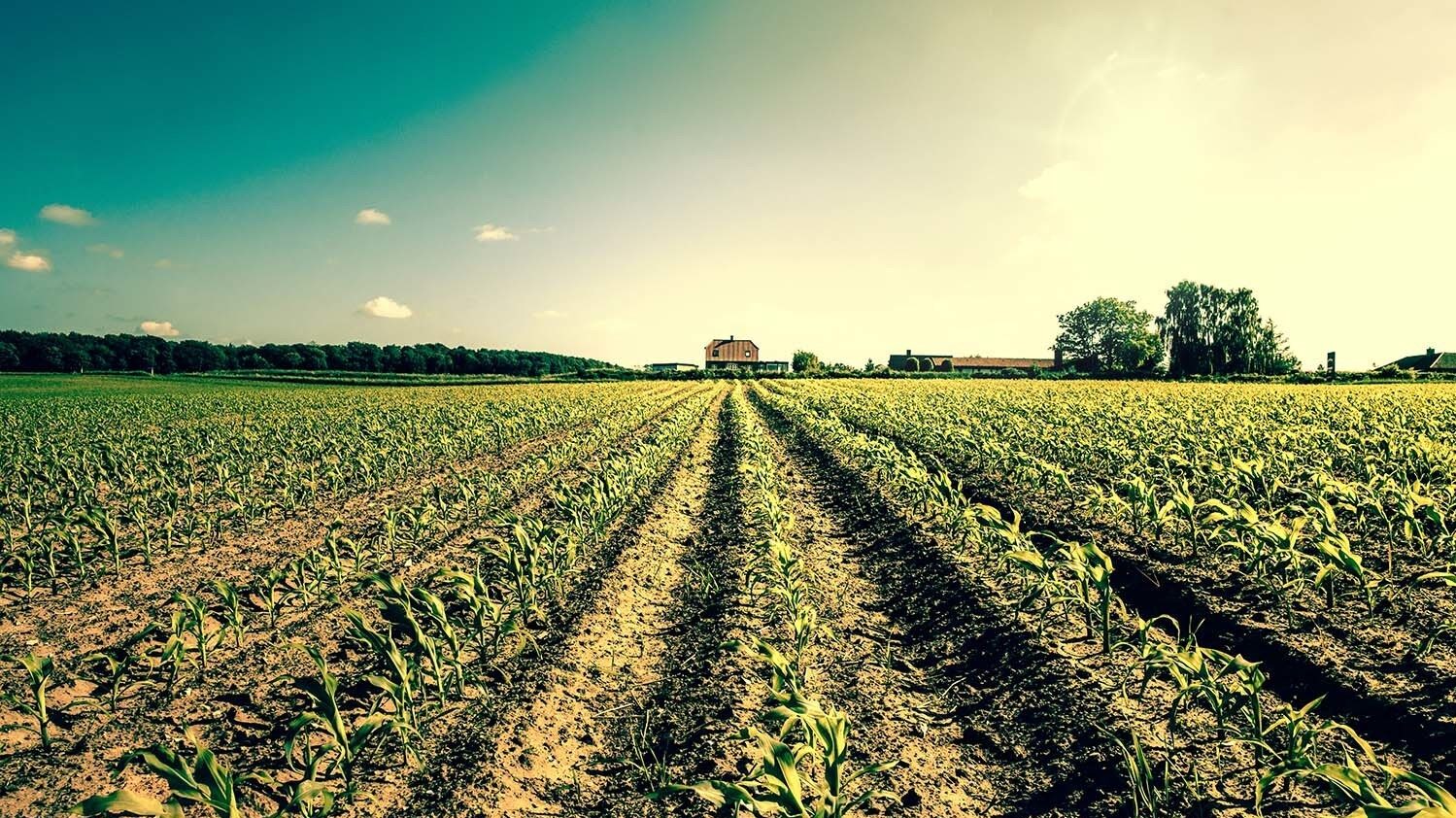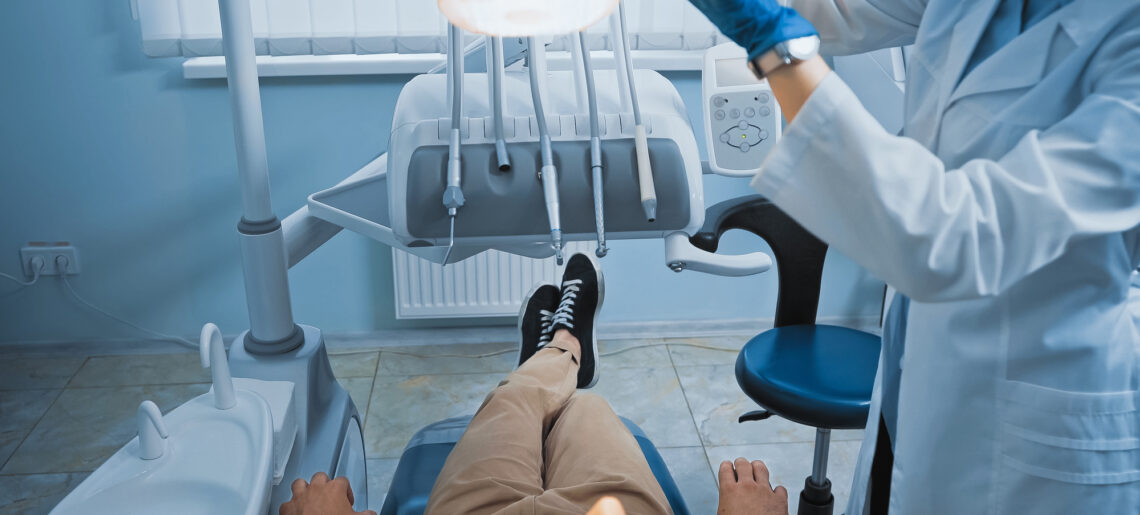The Caucasus is famous for many things – and Borat is not one of them. But now a new type of export is gaining momentum – medical labour. Nurses and doctors are going to Dubai and the Arab Emirates, whereas dentists and orthodontists are going to Australia and the United Kingdom.
As an early perspective, the following export product groups represent the highest dollar value in Ukrainian global shipments during 2020, at the 2-digit HTS code level. Also shown is the percentage share each export category represents in terms of overall exports from Ukraine.
Cereals: US$9.4 billion (19.1% of total exports)
Iron, steel: $7.7 billion (15.6%)
Animal/vegetable fats, oils, waxes: $5.8 billion (11.7%)
Ores, slag, ash: $4.4 billion (9%)
Electrical machinery, equipment: $2.5 billion (5.2%)
Machinery including computers: $1.9 billion (3.9%)
Oil seeds: $1.8 billion (3.7%)
Food industry waste, animal fodder: $1.6 billion (3.2%)
Wood: $1.4 billion (2.9%)
Articles of iron or steel: $877.8 million (1.8%)
Caucasus dentists have been studying hard and universities and places of education throughout the Caucasus region have been almost industrial in their churning out of highly professional and qualified medical staff. While they represent a tiny percentage Caucasus dentists are making us proud.
We here at Agrowebcac always have the big picture of the entire region. After all the Caucasus is one of the most linguistically and culturally diverse regions on Earth. The nation states that comprise the Caucasus today are the post-Soviet states Georgia (including Adjara and Abkhazia), Azerbaijan (including Nakhchivan), Armenia, and the Russian Federation.
We see it wider though. We see the Ukraine as one of us and Romania, and all of Russia. We even would like to have the people and land of Turkey if they were not so stubborn and caught up in their own identity, which is totally divided and why they have the military dictatorship of Erdogan.
Indeed, recently Italy’s Prime Minister Mario Draghi called Turkish President Recep Tayyip Erdoğan a “dictator” and criticised him for relegating European Commission President Ursula von der Leyen to a sofa during an official visit on Tuesday.
“I felt very sorry for the humiliation that European Commission President von der Leyen had to undergo,” Draghi said during a press conference after this event.
During the official visit in Ankara, Erdoğan offered European Council President Charles Michel a chair next to him, leaving a visibly irritated von der Leyen to sit on a nearby couch — an incident that has since gone viral online and been dubbed Sofagate.
One thing about Caucasus dentists is they’re a hardy bunch. And it’s a fact that delivering root canal therapy requires a tough dentist – one who is not afraid by the sight of blood or the sound of a patient screaming. Not that this happens in the Western countries as they’re all properly sedated via sleep therapy. The same could not always be said of our village dentists who would use unorthodox methods when insufficient anaesthesia was available. Part of the folklore of the Caucasus is such village practitioners, great for a laugh over home-made schnapps.
Of course Caucasus dentists and would-be dentists, you may have some questions of your future dentist employer and so the internet is the best way to contact a range of Australian or UK dentists and see how they respond. Or if you’re shy and introverted just check out their frequently asked questions page.
As an interesting twist, you may also decided to seek out other indigenous peoples who are into dentistry and orthodontics. For example there are a growing number of indigenous dentists in Australia and one of them, Dr Chris Bourke is known as Australia’s first Aboriginal dentist.
Dr Chris Bourke served in the ACT Legislative Assembly from 2011-2016 and held many Ministerial portfolios including Education, Children & Young People, Aboriginal & Torres Strait Islander Affairs, Disability, Corrections, Industrial Relation, Small Business, Arts, Veterans Affairs and Seniors.
Chris is a graduate of The University of Melbourne and the first Indigenous Australian dentist. He holds postgraduate qualifications in Public Health and Implant Dentistry and is currently completing a Master of Business Administration at the University of Canberra.
After an extensive career in public dentistry Chris moved to Canberra in 1993 where he ran a successful private dental practice for 16 years. His strong focus on community health led him to provide his clinical skills pro bono and policy making skills in many political and professional arenas.
As Strategic Programs Director with the Australian Healthcare and Hospitals Association, Chris continues to advocate for improved access to culturally safe health care, including dental health, as well as for growth in the Aboriginal and Torres Strait Islander health workforce. Chris says “oral health is fundamental to overall health, wellbeing and quality of life. A healthy mouth enables people to eat, speak and socialise without pain, discomfort or embarrassment”.
To coincide with dental health week, the Indigenous Dentists Association Australia have worked with the Australian Dental Association to produce some Aboriginal and Torres Strait Islander relevant oral health promotion material.
We can learn a lot from what other countries are doing to advance the interests of their indigenous people.


